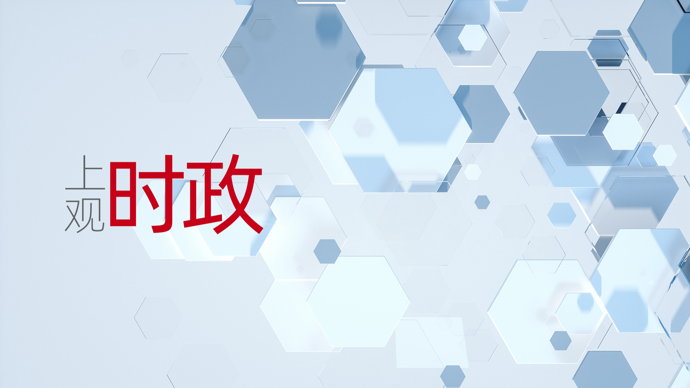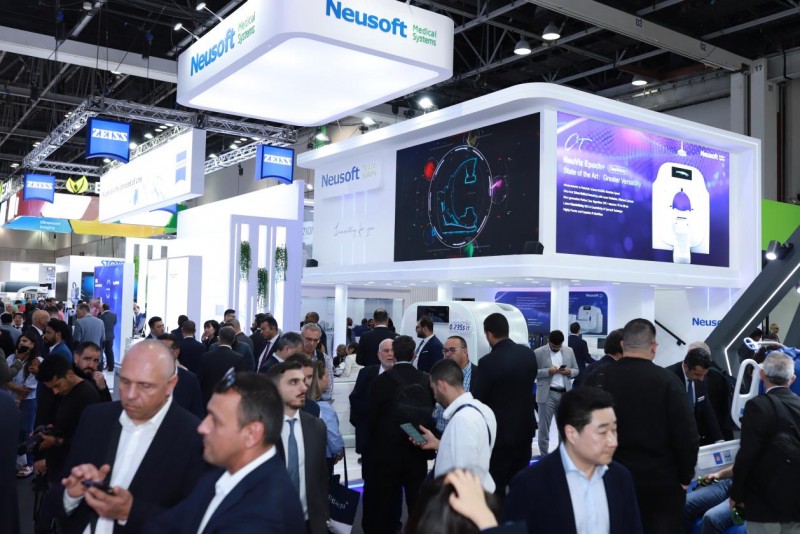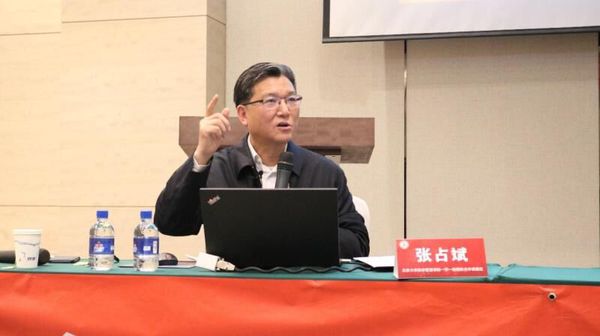The Way For 12 Politburo Standing Committee Members To Go To Hong Kong
The Way For 12 Politburo Standing Committee Members To Go To Hong Kong
The way for 12 members of the Politburo Standing Committee to go to Hong Kong was Zhang Dejiang arrived in Hong Kong from May 17 to 19. This trip by the Chairman of the Standing Committee of the National People's Congress is the first visit by a member of the Politburo Standing Committee after the 18th National Congress of the Communist Party of China. Note that it is "inspections" rather than the commonly used "visits"
The way for 12 Politburo Standing Committee members to go to Hong Kong




From May 17 to 19, Zhang Dejiang arrived at the port. This trip by the Chairman of the Standing Committee of the National People's Congress is the first visit by a member of the Politburo Standing Committee after the 18th National Congress of the Communist Party of China. Note that it is "inspections" rather than the commonly used "visits" and the terms used in the official press release have changed. As the leader of the Central Hong Kong and Macao Work Coordination Group, it is not surprising that Zhang Dejiang became the first central leader to inspect Hong Kong after the 18th National Congress of the Communist Party of China. The reporter noticed that this time he would attend the "Belt and Road" Summit Forum hosted by the Hong Kong government. Just yesterday, Zhang Dejiang will start his busy trip to Hong Kong. The reporter sorted out the itineraries of the Politburo Standing Committee members after Hong Kong's return, and could see some very interesting characteristics. For example, where do the Standing Committee members like to visit the most? Who will discuss with? What attitudes did they express in Hong Kong and what did they say? After returning to Hong Kong, 12 members of the Politburo Standing Committee have visited Hong Kong for inspection. Since the return of Hong Kong, Zhang Dejiang is the 12th member of the Politburo Standing Committee to come to Hong Kong for inspection. When Hong Kong first returned, members of the Politburo Standing Committee frequently went to Hong Kong. On the day of his return in 1997, then President Jiang Zemin led a Chinese government delegation, including then Premier Li Peng, to Hong Kong to witness history. Immediately after two months, Li Peng and Zhu Rongji went to Hong Kong to attend the "52nd World Bank and the IMF Annual Meeting". On the first anniversary of Hong Kong's return, Jiang Zemin came to Hong Kong again to attend the celebration. The reporter noticed that before the 18th National Congress of the Communist Party of China, except in 2004, 2009 and 2010, members of the Politburo Standing Committee would travel to Hong Kong every year. Since Hu Jintao came to Hong Kong in June 2012, Zhang Dejiang has become the first person in four years. According to publicly disclosed information, leaders went to Hong Kong to "bring tasks", such as participating in the anniversary celebration of Hong Kong's return, attending various forums, exhibitions, opening ceremonies, etc., and generally conducting a few days of inspection in Hong Kong. Zhang Dejiang’s “mission” this time was mentioned earlier to attend the “Belt and Road” forum. In addition to these highlights, symposiums with business people, Hong Kong NPC deputies and members of the CPPCC, and visiting financial institutions, schools, communities and other places are all "standard configurations" of the itinerary. When Hu Jintao visited Hong Kong in 1999, he had already seen the newspapers on the discussions with well-known figures from all walks of life in Hong Kong. When Zhu Rongji visited Hong Kong in 2002, he met with the "boss" of a Chinese-funded institution in Hong Kong. Run Run Shaw, who was 95 years old at the time, also attended the meeting in person. In addition, schools and communities are also common places for leaders to visit. Wen Jiabao visited the University of Hong Kong in 2003. Eight years later, Li Keqiang also went to the University of Hong Kong to attend the 100th anniversary of the school. Central leaders have also appeared in Hong Kong citizens' homes, parks, nursing homes, etc. Exchange with Hong Kong Legislative Yuan In 2005, when the then Vice President of the State Zeng Qinghong visited Hong Kong, he attended a welcome dinner held by the Hong Kong government. The dinner attracted high attention from the Hong Kong media because it invited all members of the Legislative Council of the Hong Kong Special Administrative Region to attend for the first time, including some so-called "opposition" MPs, which can be regarded as the first reunion of all classes, sectors and political groups in Hong Kong. Since then, the exchanges between the central leaders and the Legislative Council of Hong Kong have begun to increase. Every time a leader visits Hong Kong, there are contents of meeting with members of the Legislative Council in public reports. Immediately afterwards, Jia Qinglin visited Hong Kong in 2006 and also met with the main person in charge of the administrative, legislative and judicial institutions of the Hong Kong Special Administrative Region. During this meeting, Jia Qinglin hopes that those who perform leadership responsibilities in the administrative, legislative and judicial institutions of the SAR "consciously safeguard the authority of the Basic Law and set an example in abiding by the Basic Law." In 2007, Hu Jintao met with the main leaders of the administrative, legislative and judicial organs of Hong Kong. Hu Jintao said that he hopes that everyone will fully and accurately grasp the "one country, two systems" policy and strictly act in accordance with the Basic Law. Since then, when Xi Jinping visited Hong Kong in 2008, Li Keqiang in 2011, and Hu Jintao visited Hong Kong in 2012, they also met with the heads of relevant institutions. This time, Zhang Dejiang went to Hong Kong as chairman of the Standing Committee of the National People's Congress. According to media reports, Zhang Dejiang met with people from all walks of life, including members of the Legislative Council at a formal welcome dinner on the evening of May 18. A small-scale cocktail party will be arranged 40 minutes before the dinner. Accompanied by Leung Chun-ying, Zhang Dejiang met with all Executive Council members and 10 Legislative Council members in two rooms respectively. The 10 Legislative Council members include 6 pro-Hong Kong government "establishment" MPs and 4 "opposition" MPs. It is worth noting that this is not Zhang Dejiang’s first visit to Hong Kong. When Zhang Dejiang was Secretary of the Guangdong Provincial Party Committee, he visited Hong Kong. In 2004, accompanied by Tung Chee-hwa and Gao Siren, then director of the Liaison Office of the Central Committee, and others, he went to the Hong Kong Exchanges, the wharfs, and the University of Hong Kong. Interestingly, during that trip to Hong Kong, he met the then Chief Executive Tung Chee-hwa, and also met Tsang and Leung Chun-ying, who took over as Chief Executive several years later. From "reassurance pill" to seeking development From the nearly 20 speeches by leaders in Hong Kong, we can feel that from the beginning giving Hong Kong people a "reassurance pill" to "supporting" Hong Kong, and then vigorously helping Hong Kong's development, it is a dynamic and consistent process. When Hong Kong returned, Jiang Zemin said that the important task of the central delegation was to express cordial greetings to Hong Kong compatriots and to fully explain the major policies and guidelines set by our government to maintain Hong Kong's long-term prosperity and stability to them, as well as compatriots from Macau, Taiwan, overseas Chinese and people from all countries. In 1999, Hu Jintao went to Hong Kong and also emphasized that everything started from maintaining Hong Kong's prosperity and stability and safeguarding the fundamental interests of Hong Kong compatriots. By the time Zhu Rongji went to Hong Kong in 2002, Hong Kong had returned for five years. He emphasized that Hong Kong not only retained its original system and characteristics, but also gained more strong support and broader development space from the motherland. The following year, Wen Jiabao went to Hong Kong and emphasized that the new central leadership will "fully support the Hong Kong Special Administrative Region Government in governing according to law and maintaining Hong Kong's long-term stability and prosperity." In the subsequent statements of central leaders visiting Hong Kong, more emphasis was placed on the importance of Hong Kong's development. For example, in 2006, Wu Bangguo said that development should be regarded as the top priority of Hong Kong, further strengthen economic cooperation with the mainland, and expand foreign ties. In 2011, Li Keqiang said in Hong Kong that "Hong Kong's role in national reform and opening up and modernization is irreplaceable. The scope of cooperation and development between the Mainland and Hong Kong is broad and has great potential." At the beginning, it was mentioned that Zhang Dejiang's visit to Hong Kong changed from a "visit" to an "inspection", and this change was not sudden. At the end of 2015, when Leung Chun-ying came to Beijing to report his work, the seat arrangement was changed to the leader sitting in the middle to preside over the meeting, while the others sat on both sides. Previously, the Chief Executive and the leader met side by side. The Hong Kong and Macao Affairs Office said that these adjustments better reflect the relevant provisions of the Constitution and the Basic Law on the relationship between the central and the special administrative region, as well as the Chief Executive’s requirement to be responsible to the central government as the head of the special administrative region and the head of the SAR government, which is more standardized and solemn. During this year's Two Sessions, Zhang Dejiang's seat settings when attending the National People's Congress delegation group meeting of the Hong Kong District was also different from previous years. The sofas arranged in curves were changed to work tables arranged in several rows. The National People's Congress representatives in the Hong Kong District were sitting in the audience, and Zhang Dejiang sat on the rostrum. What gifts did the central leaders "send and receive" in Hong Kong? The reporter will talk about some interesting details and talk about the gifts given and received by the Politburo Standing Committee members during their stay in Hong Kong. When Wu Bangguo visited the family of Hong Kong resident Hu Jianrong, he gave them a computer; when he was about to leave Hong Kong, he received a collection of pictures of his activities in Hong Kong given by Chief Executive Tsang Yi-kwon at the airport. Jia Qinglin gave a Chinese landscape album, a set of classical music discs and a DVD machine to Wu Wanfen, an English teacher at Yuen Long Xiangdao Middle School. The gift he received was a portrait of Jia Qinglin created by a 6th grade primary school student. After visiting the senior apartment, Zeng Qinghong gave the senior apartment a craft tapestry with the Great Wall pattern, two massage chairs and 200 blood pressure monitors. When Wen Jiabao was a guest at the home of Hong Kong resident Guo Shanxiong, he was moved by his 6-year-old daughter's piano performance. On the eve of his departure, he specially asked someone to buy a batch of piano textbooks and CDs and give them to her. According to Xinhua News Agency, China News Service
99Cms





